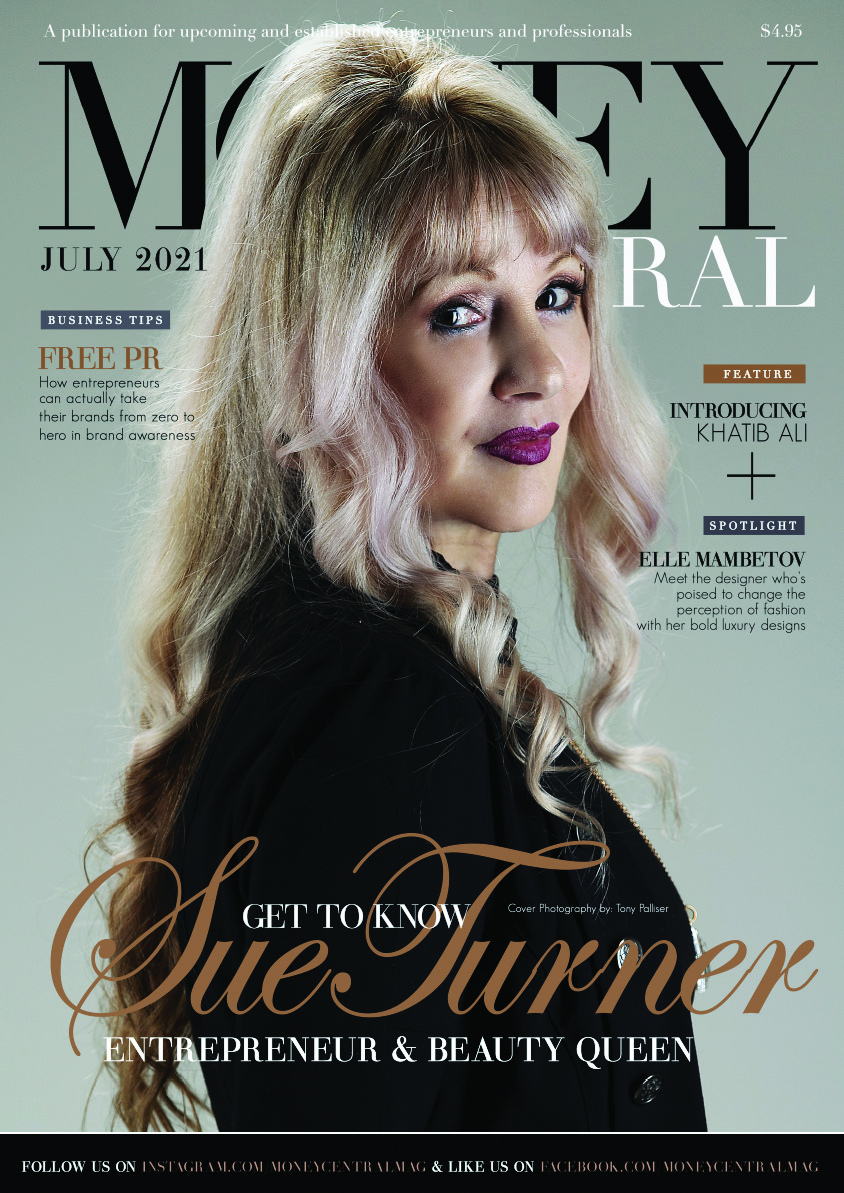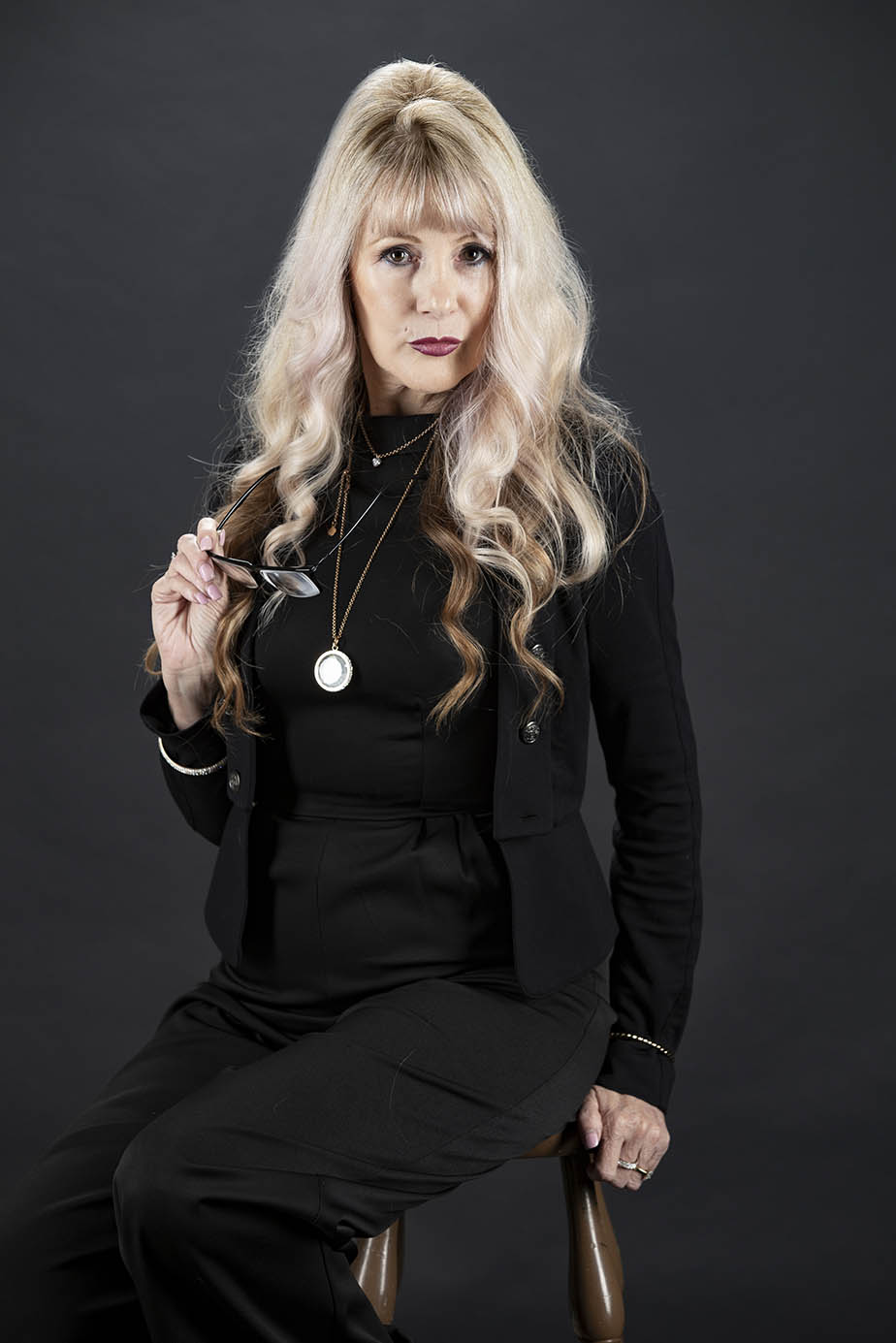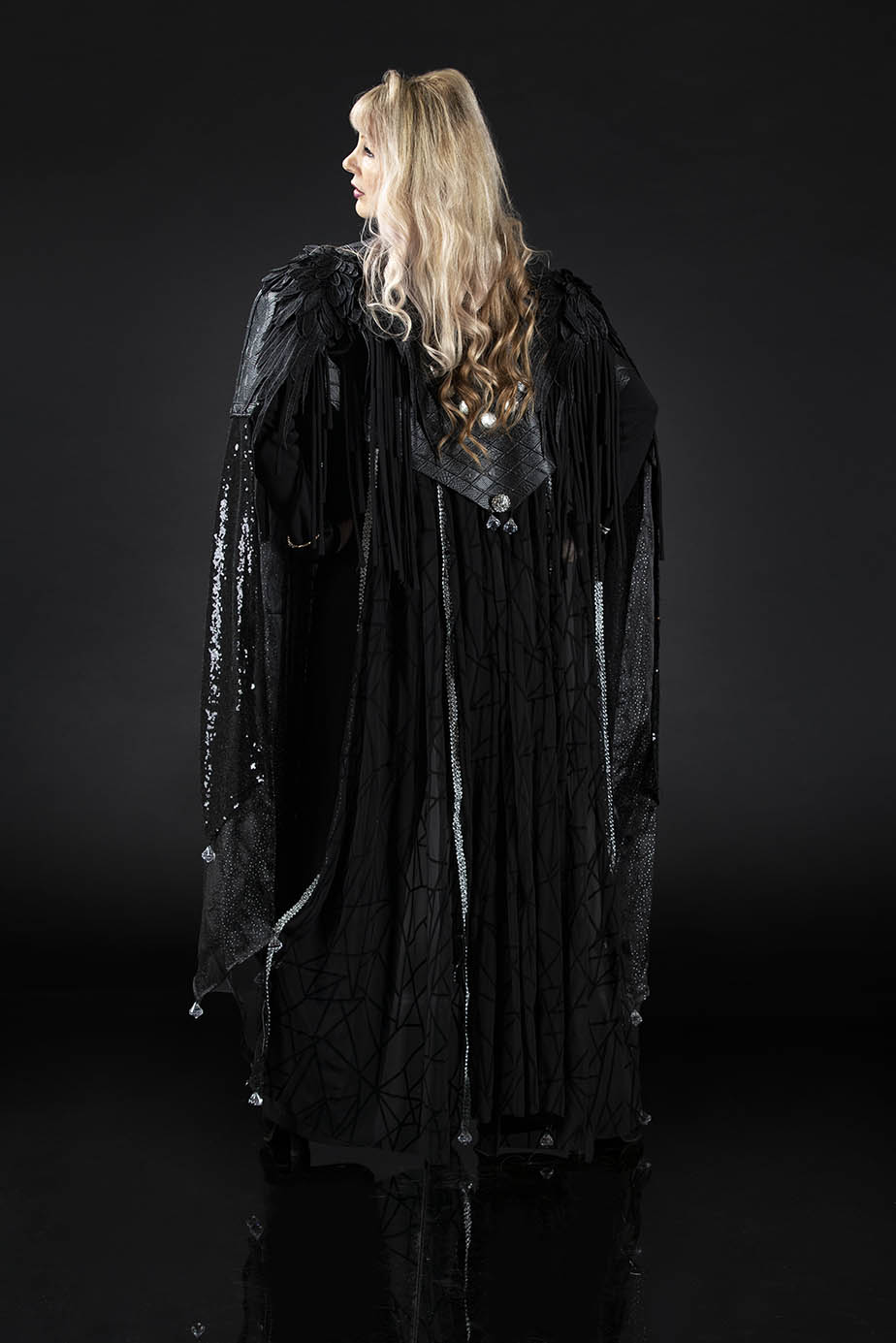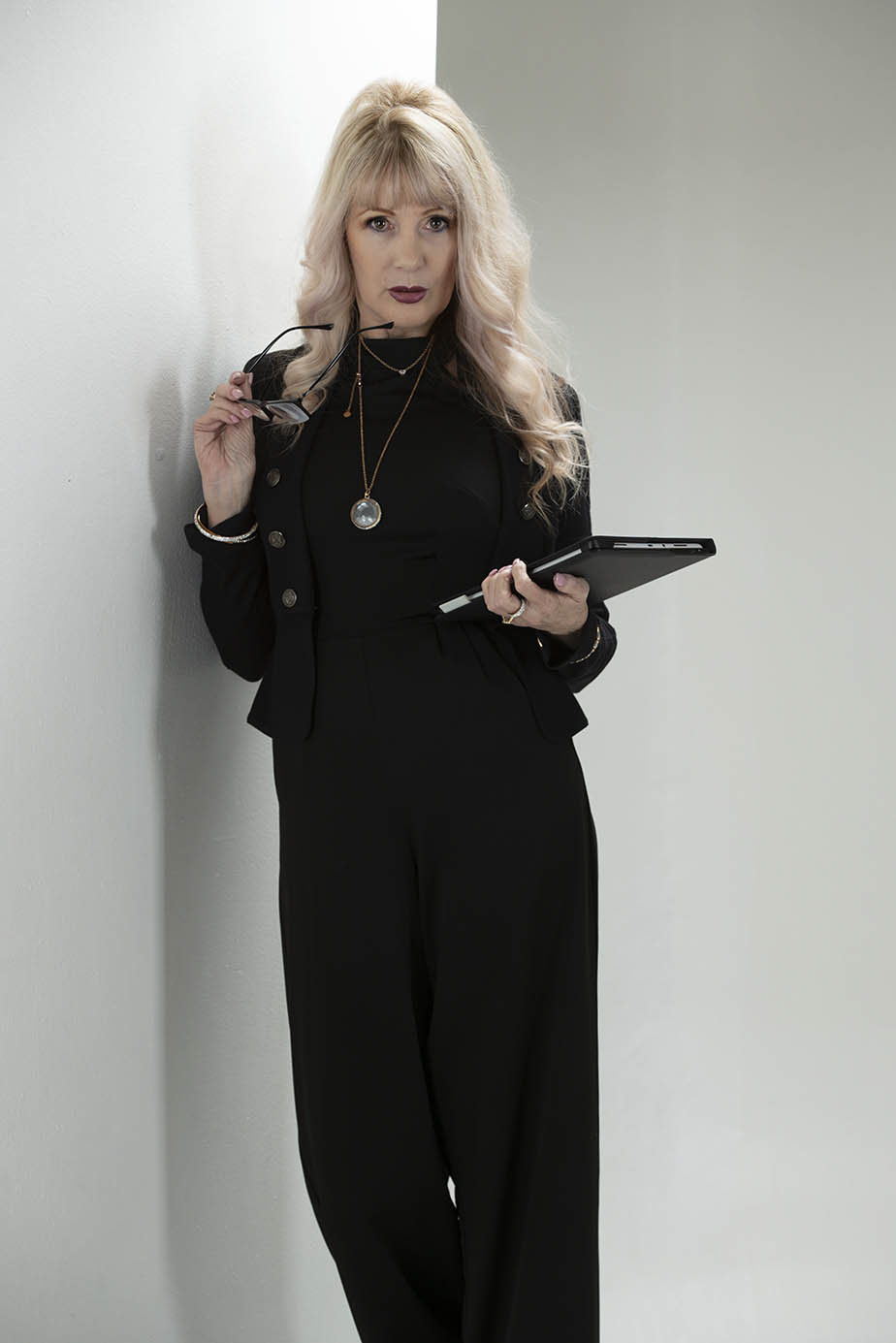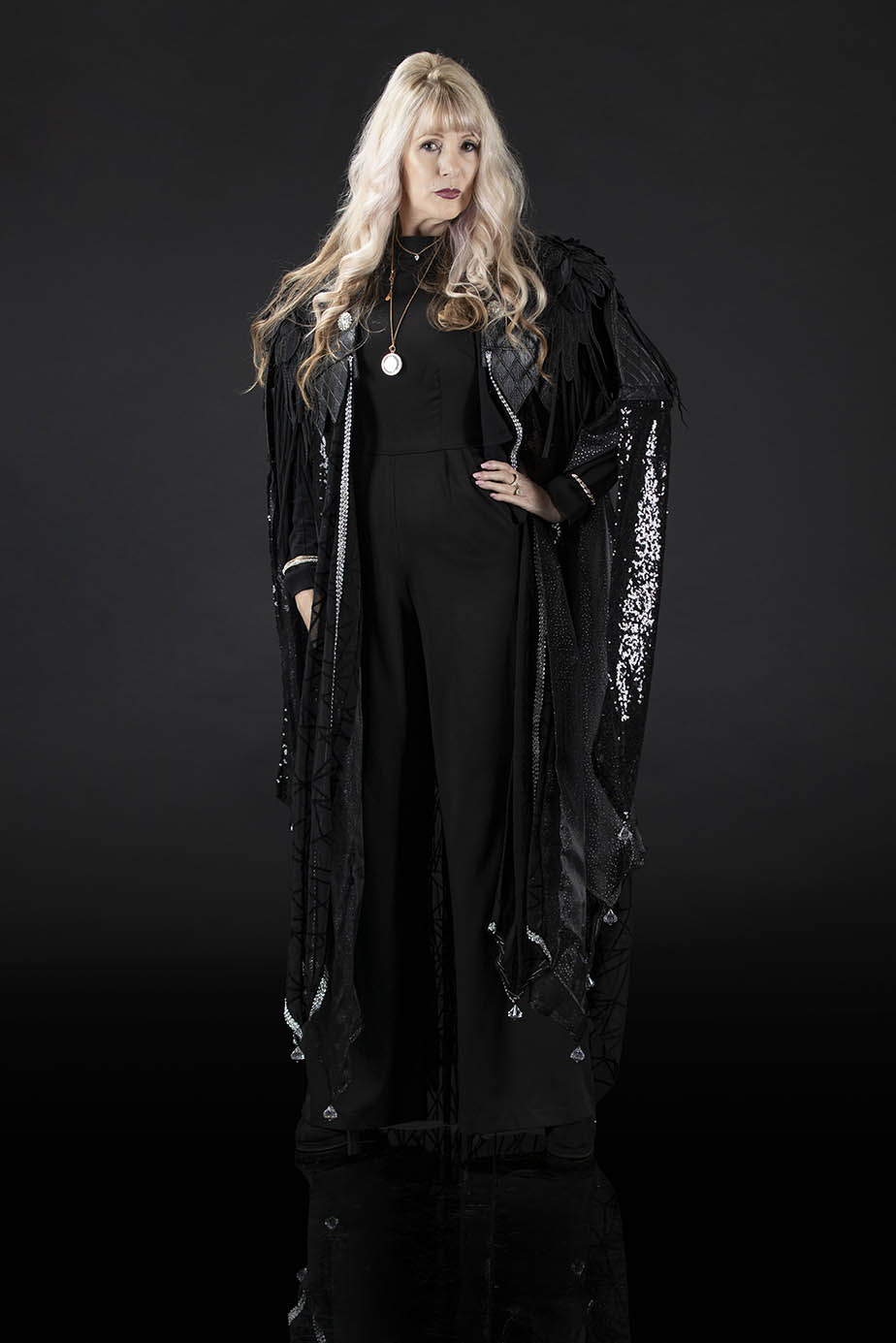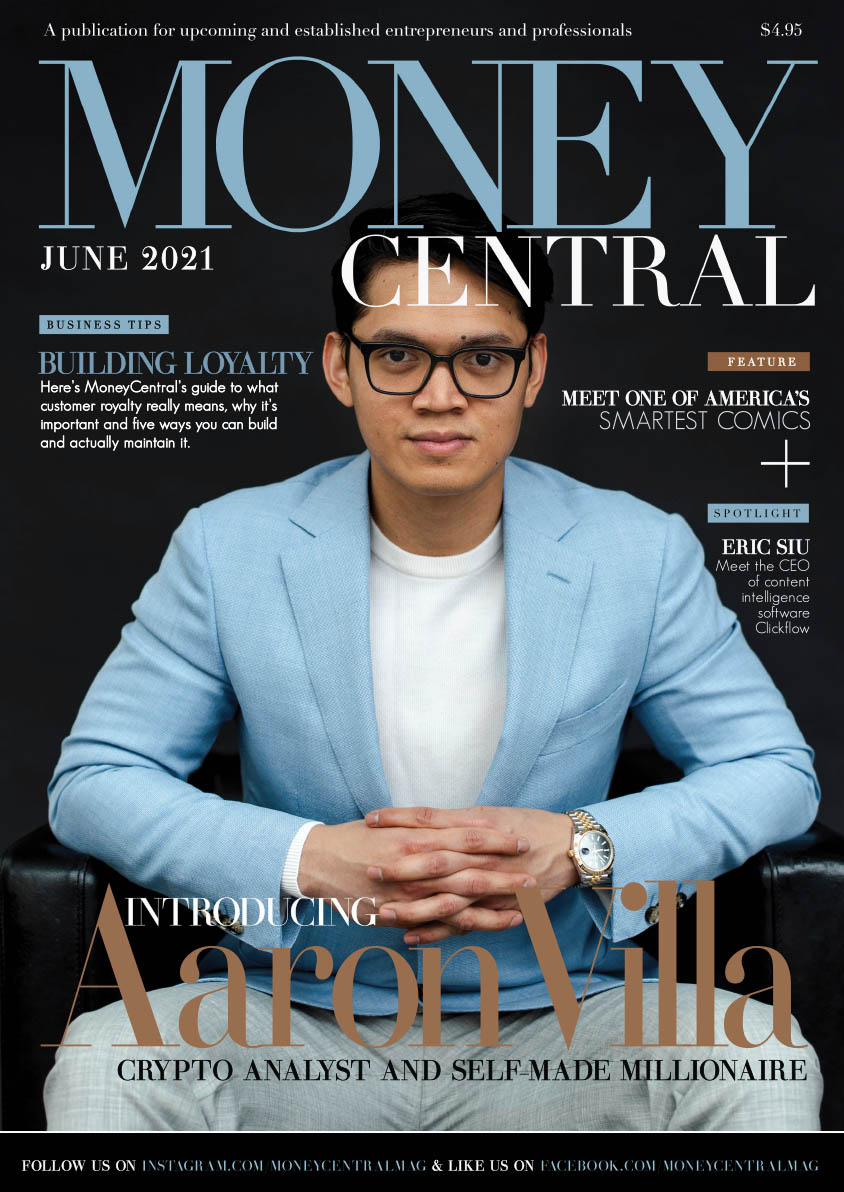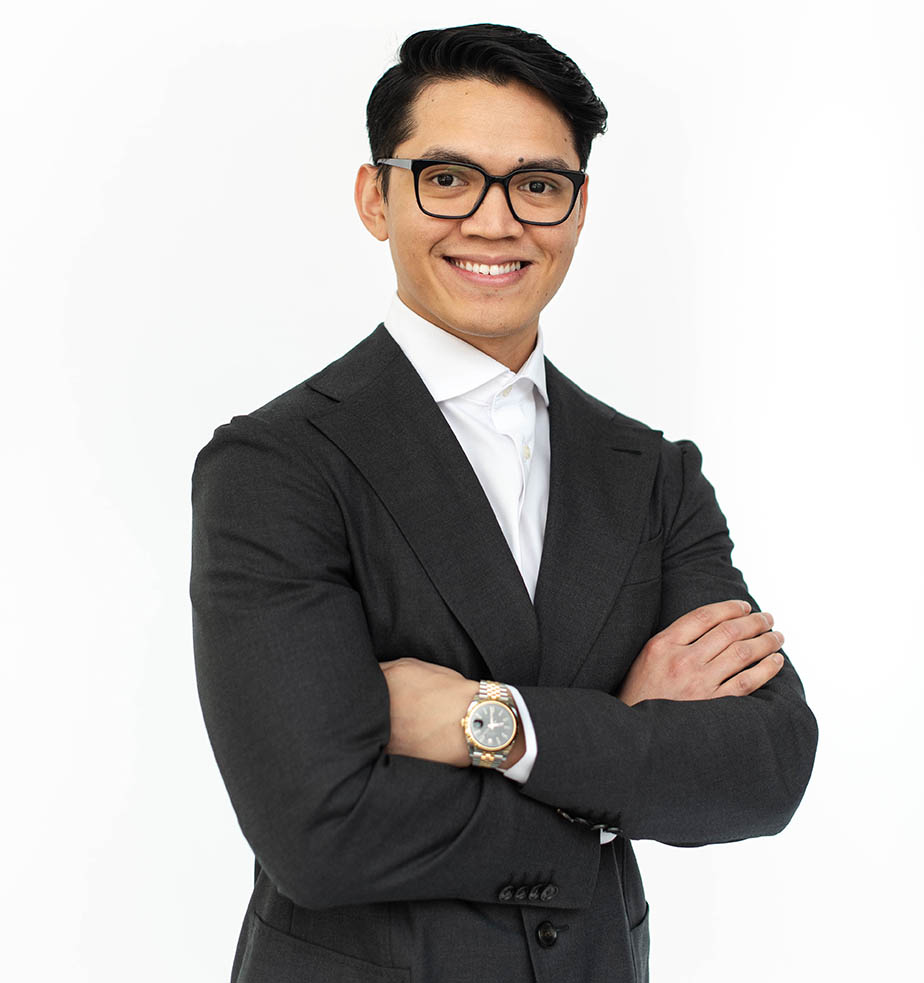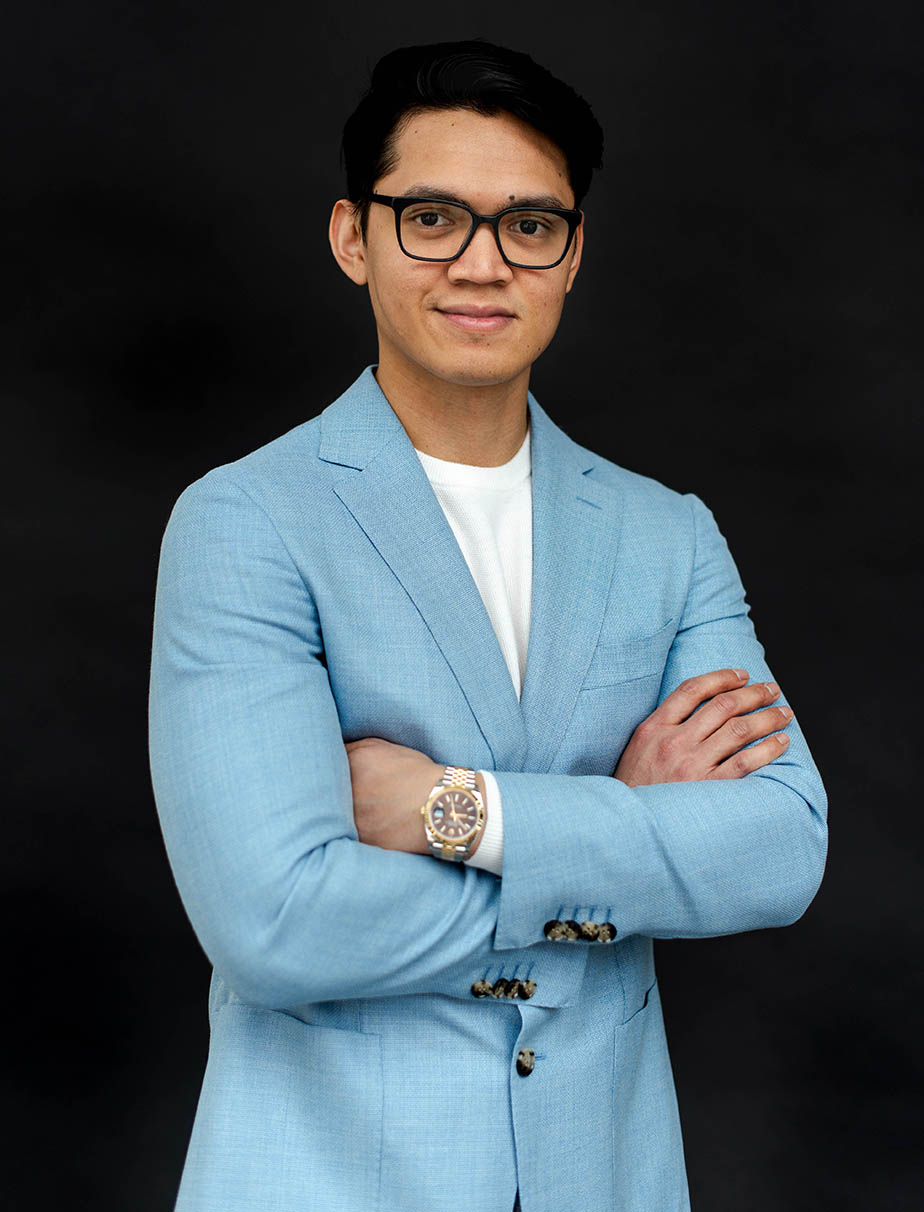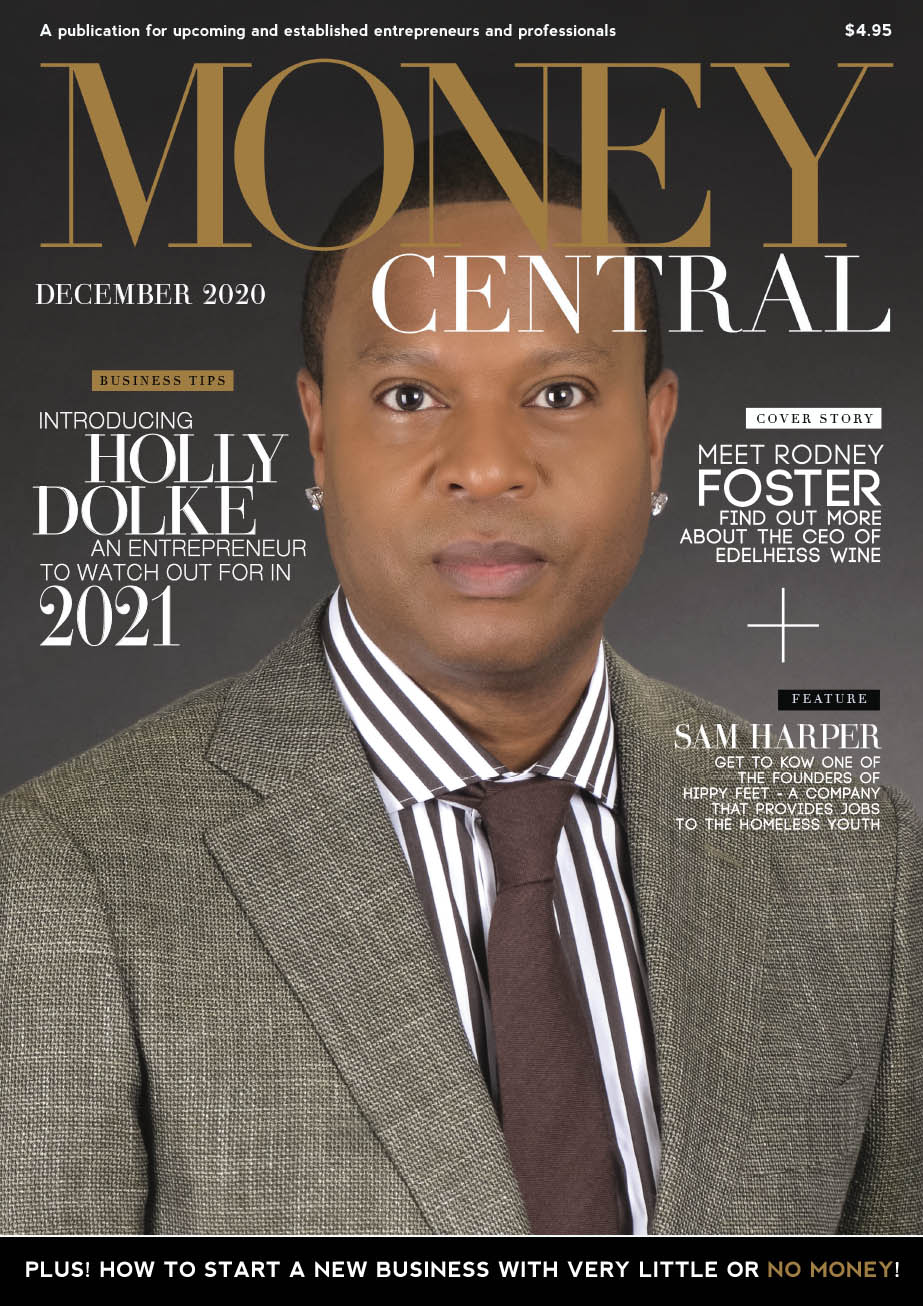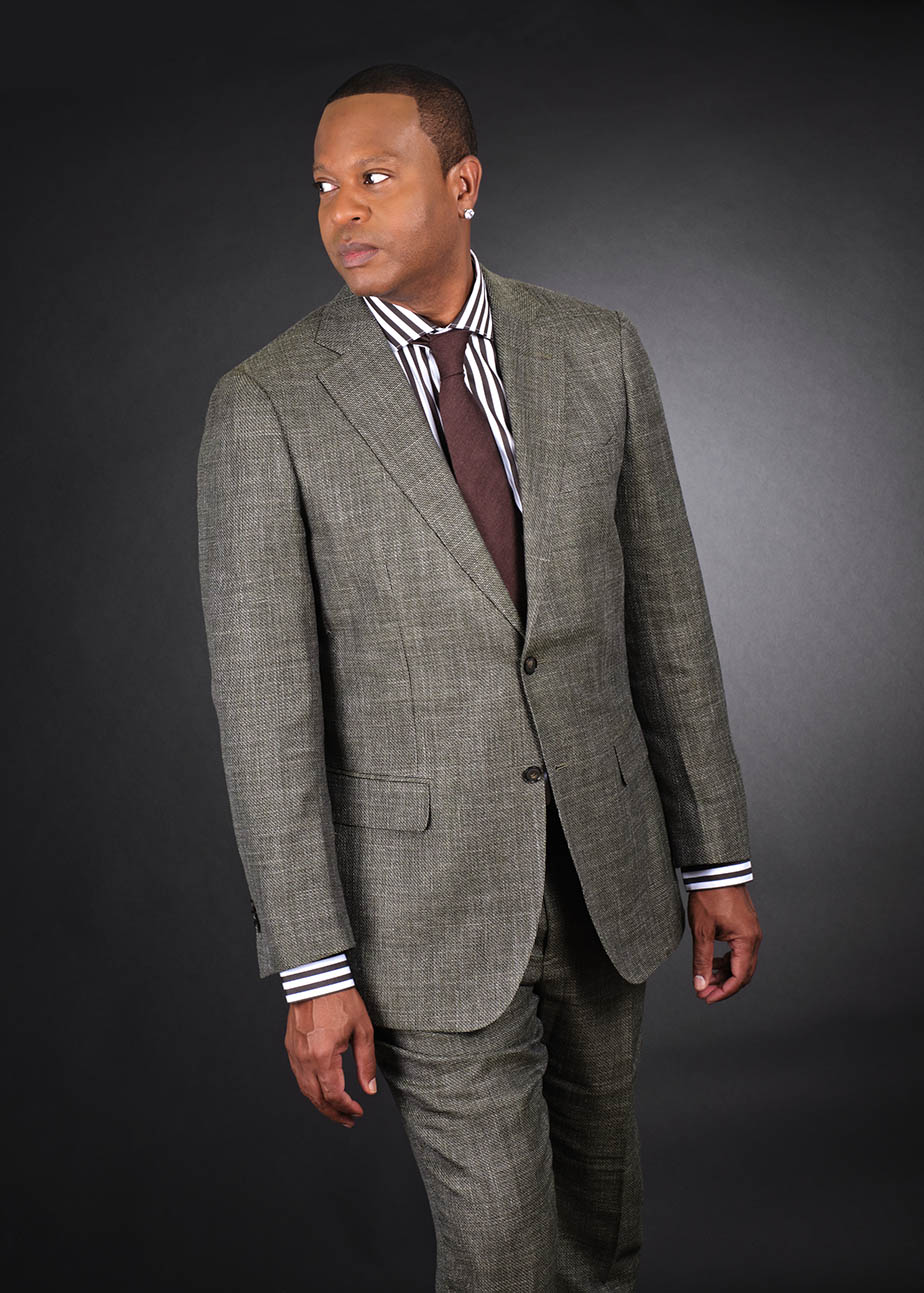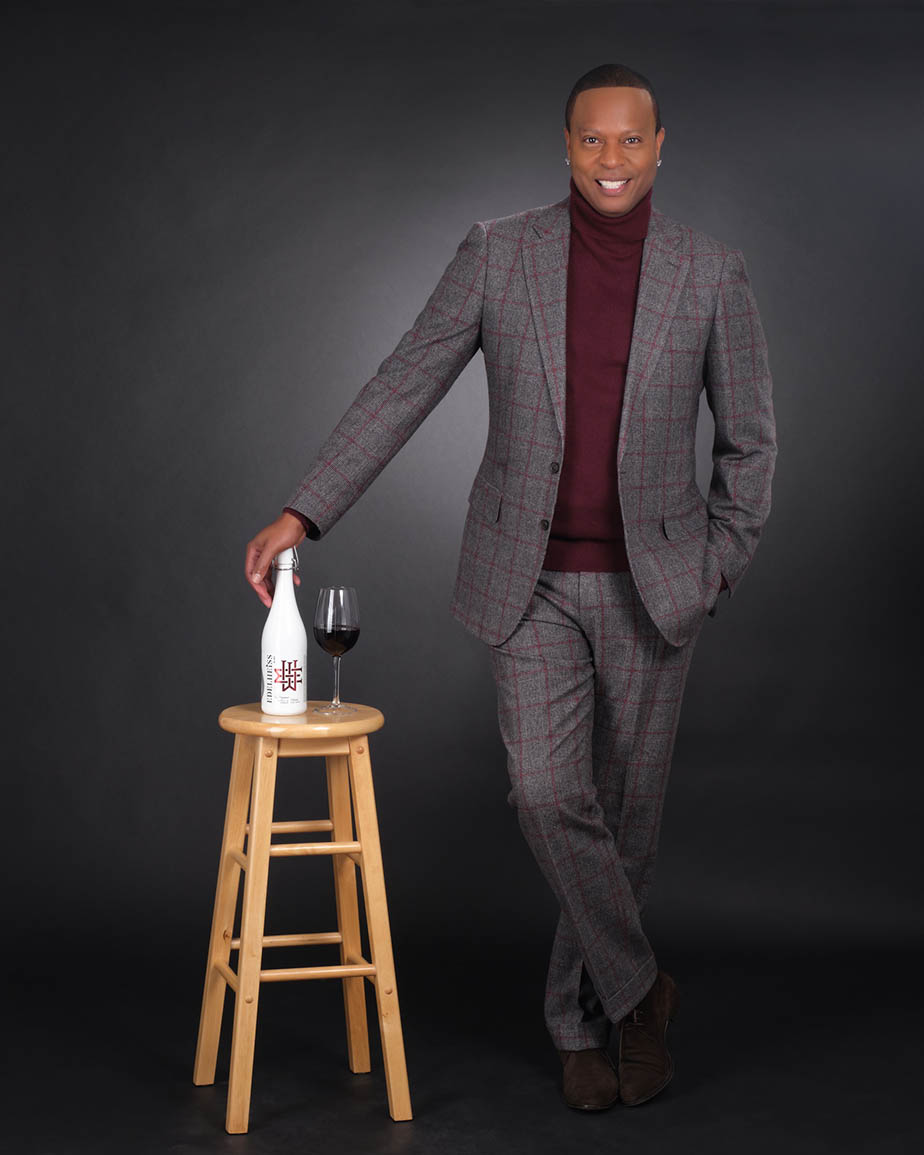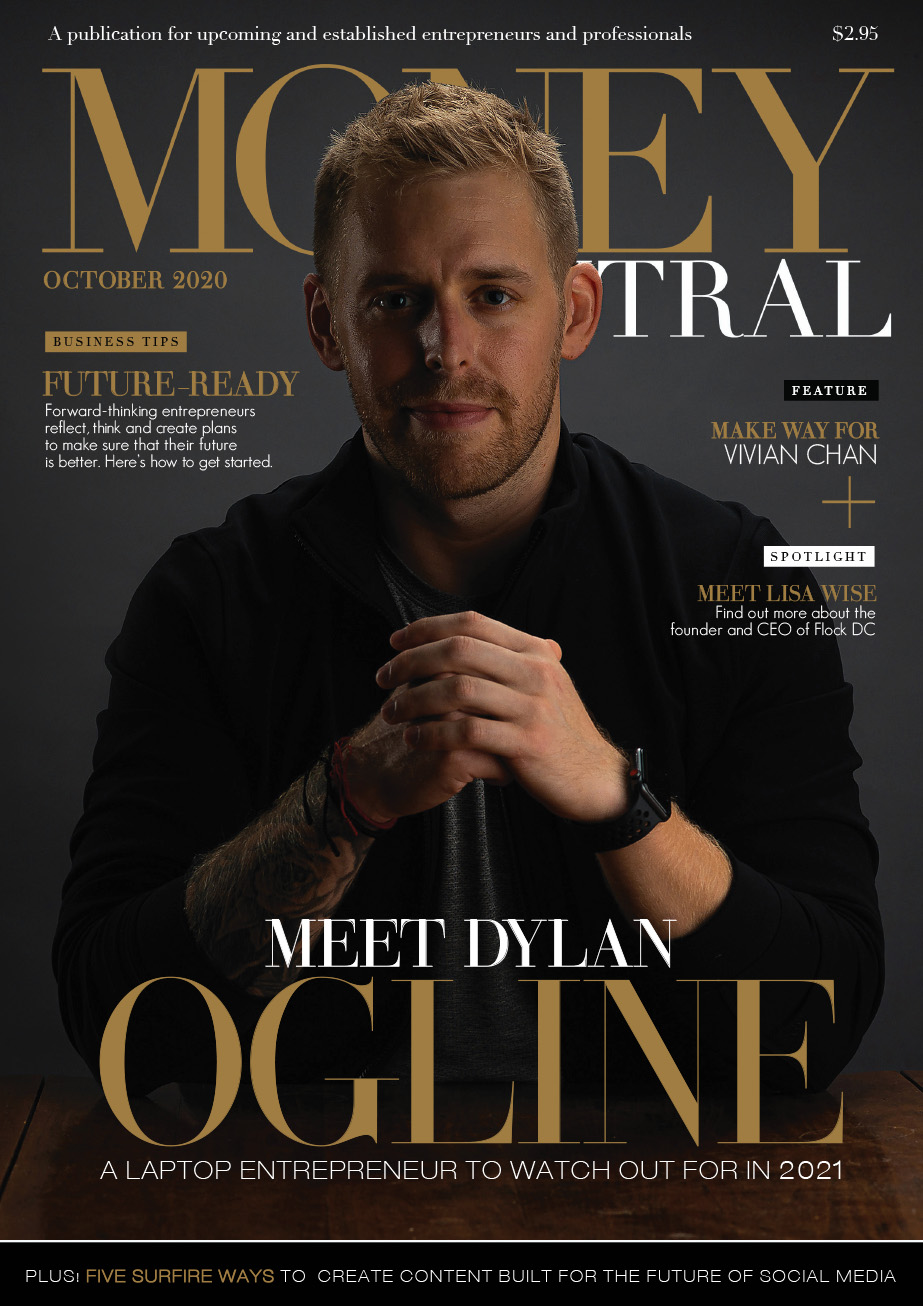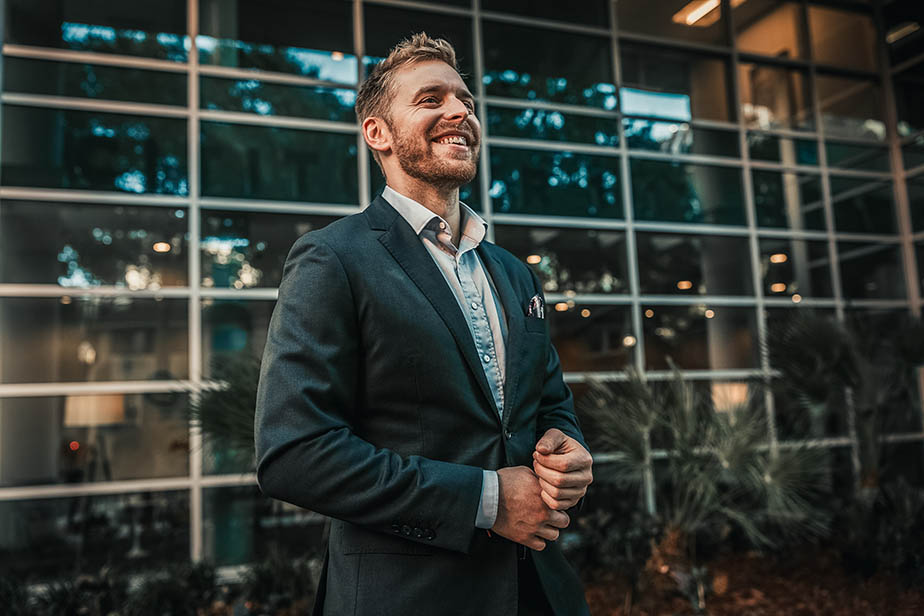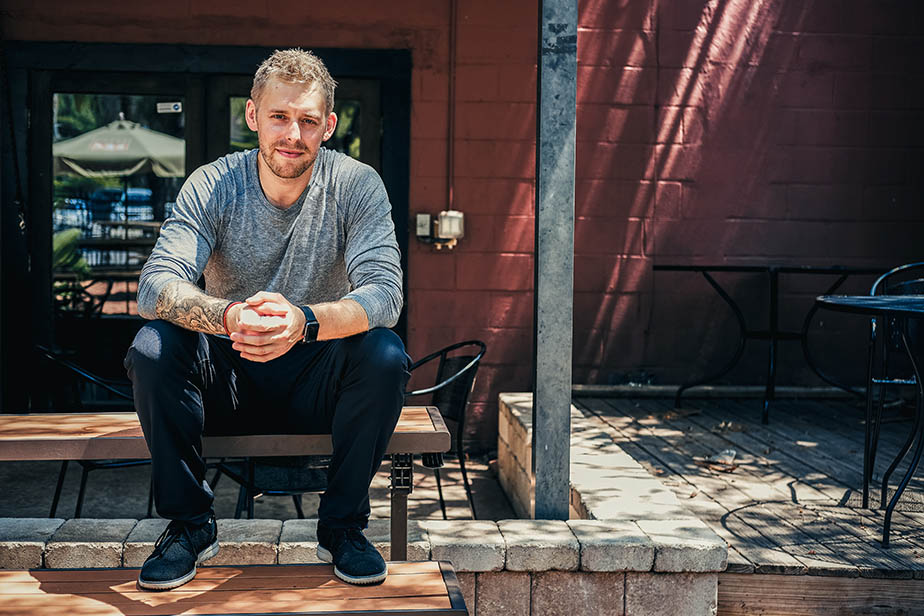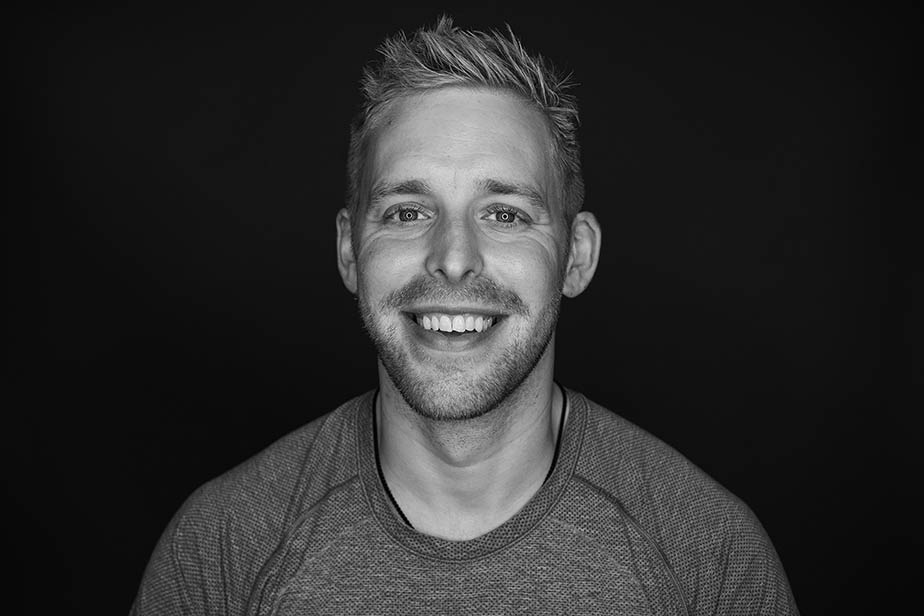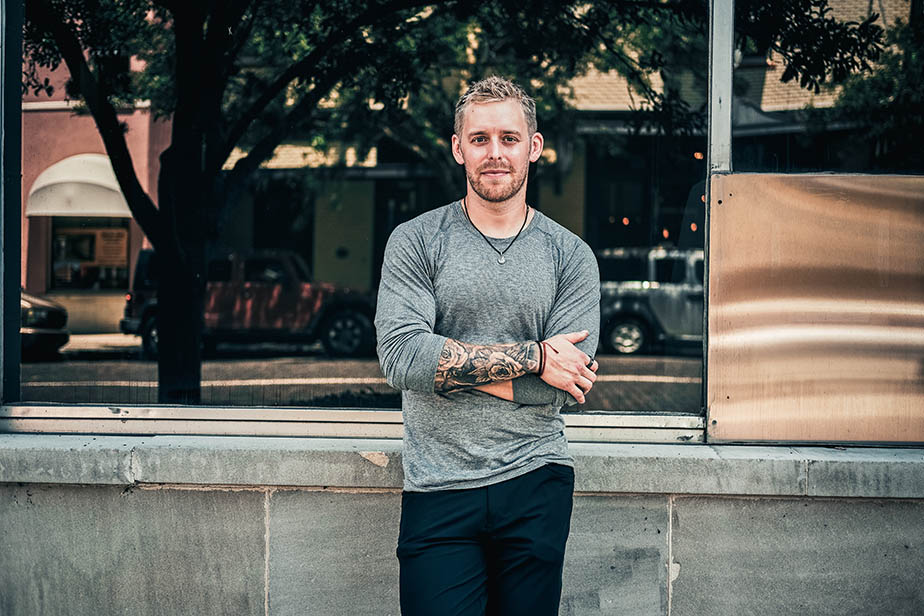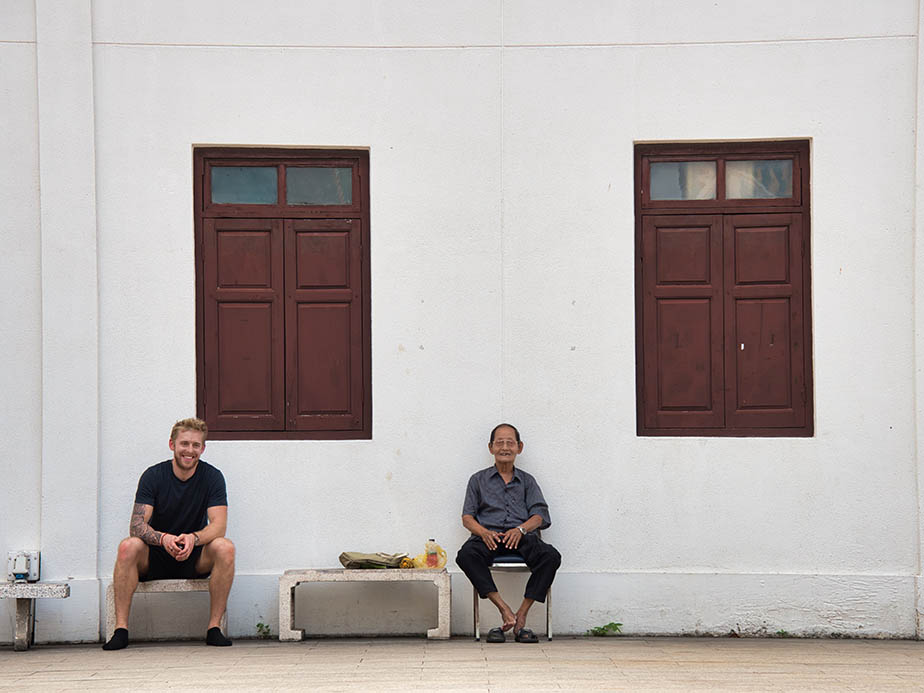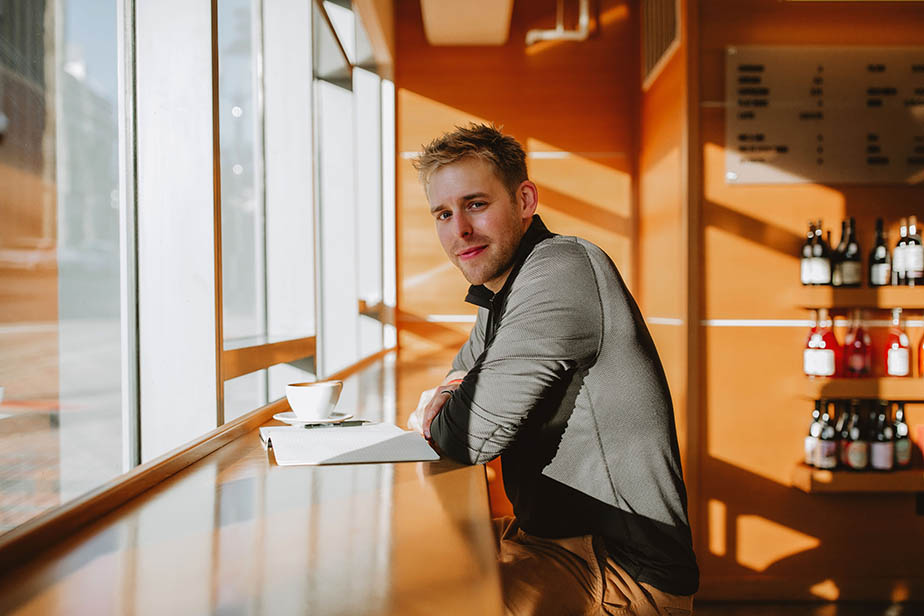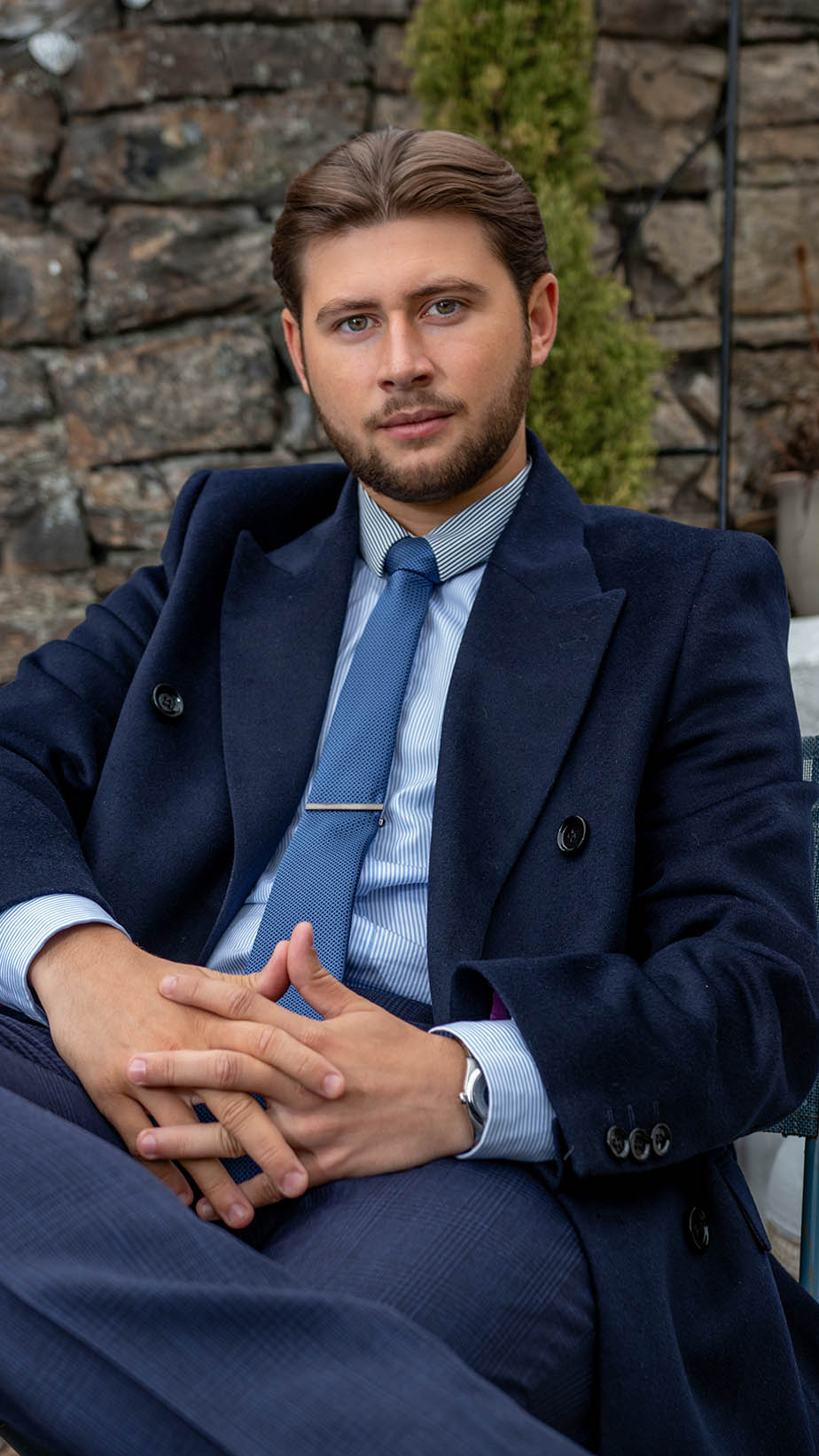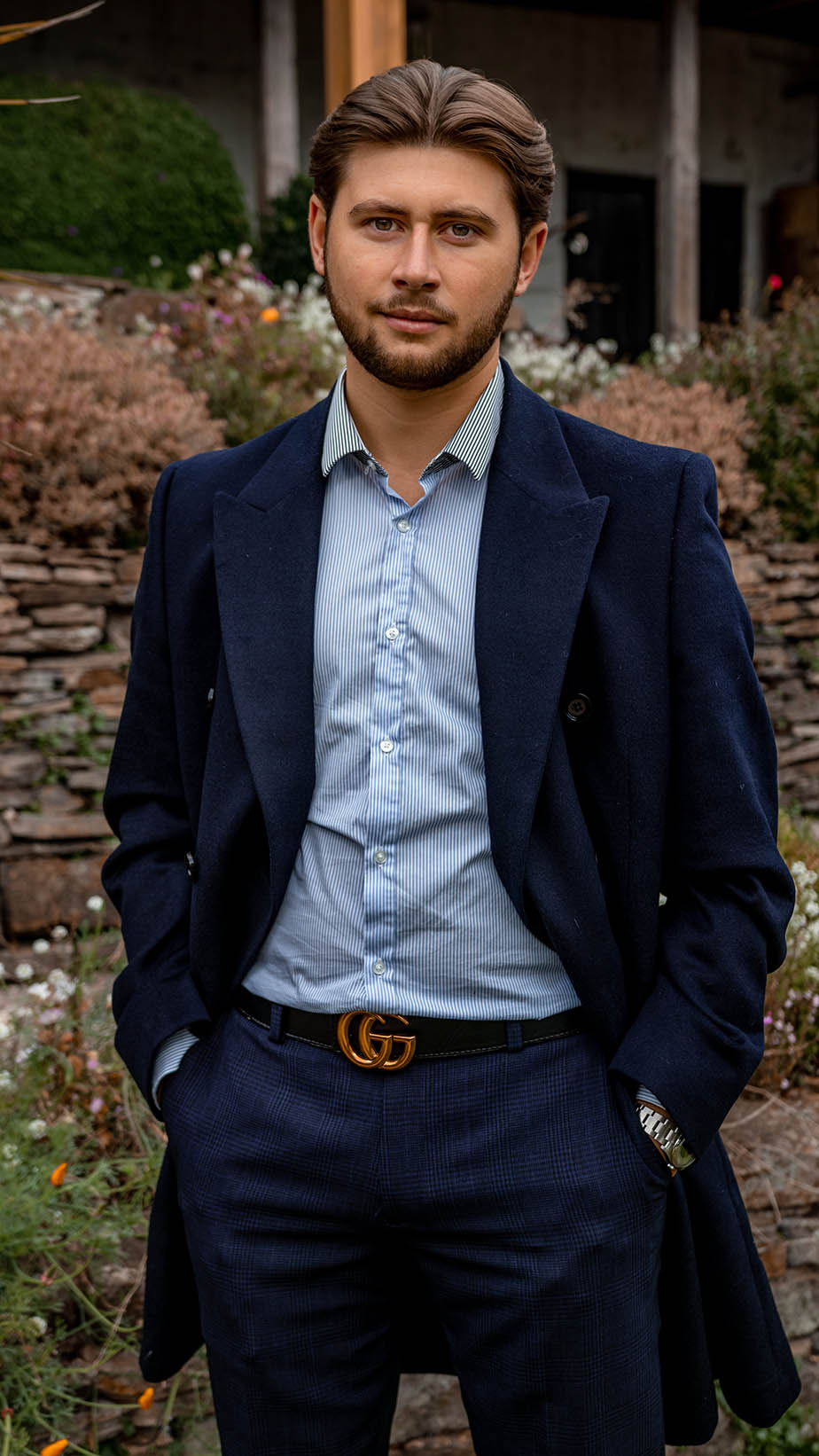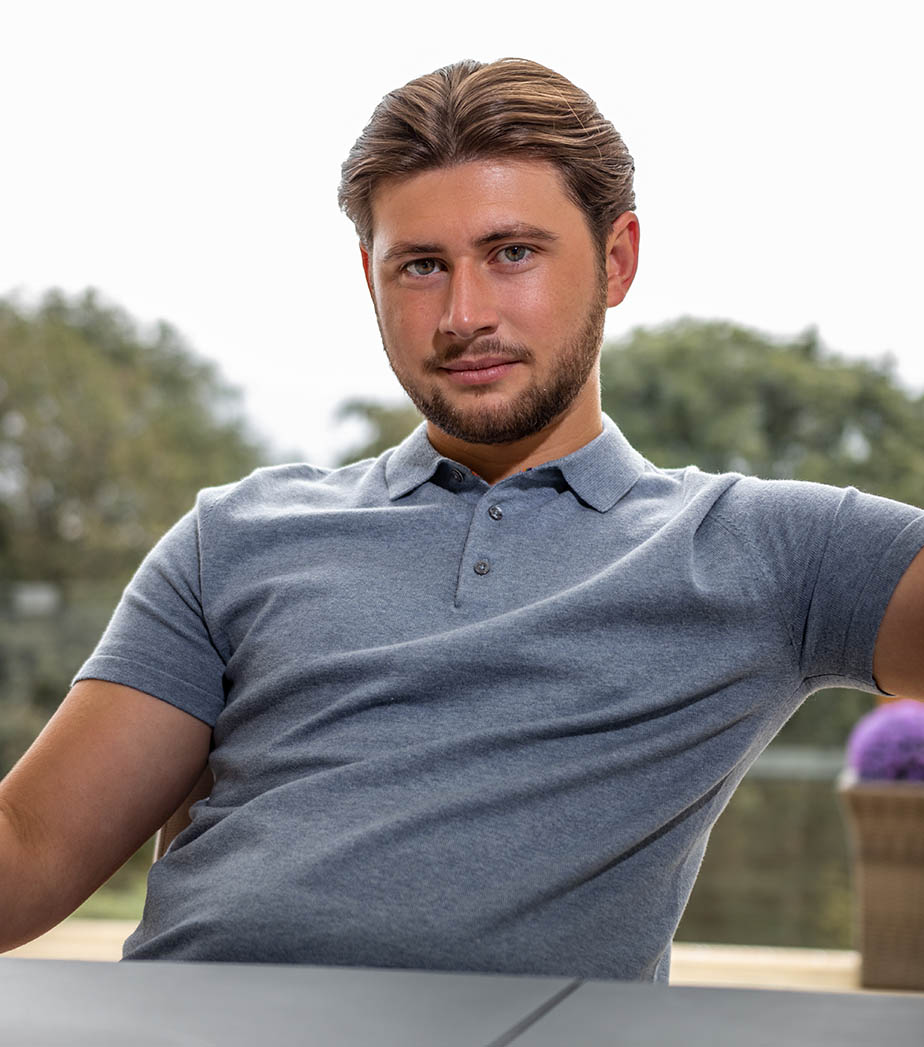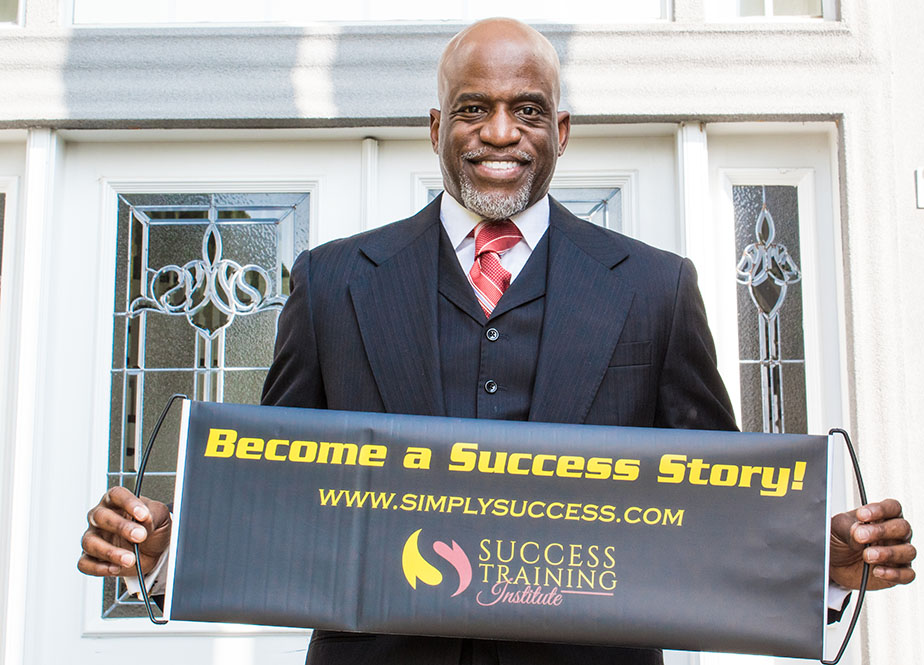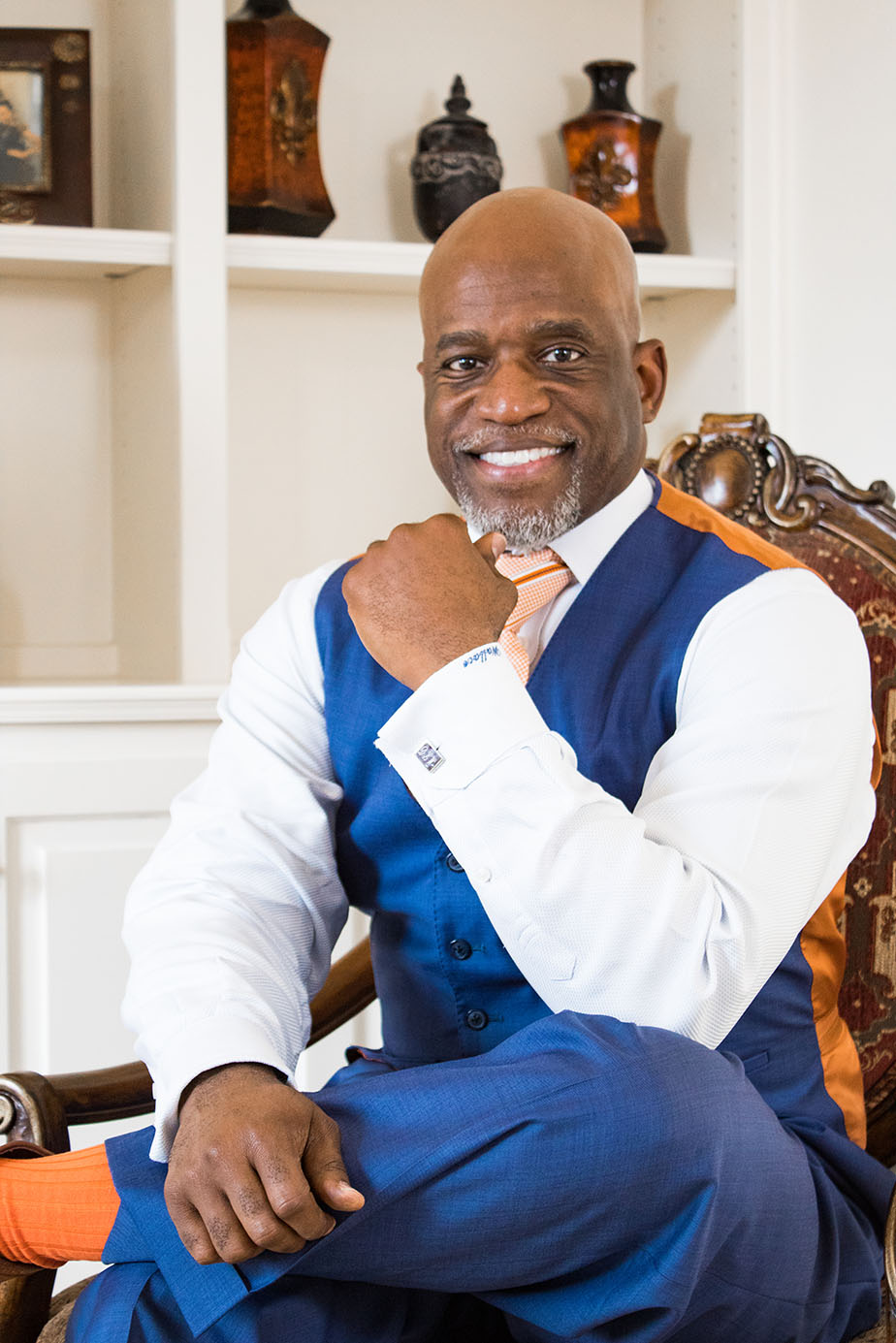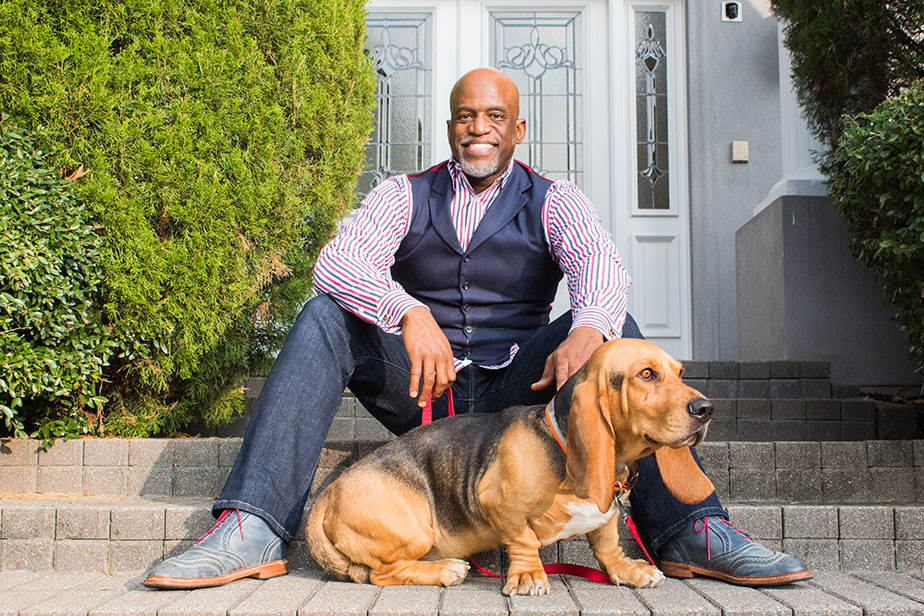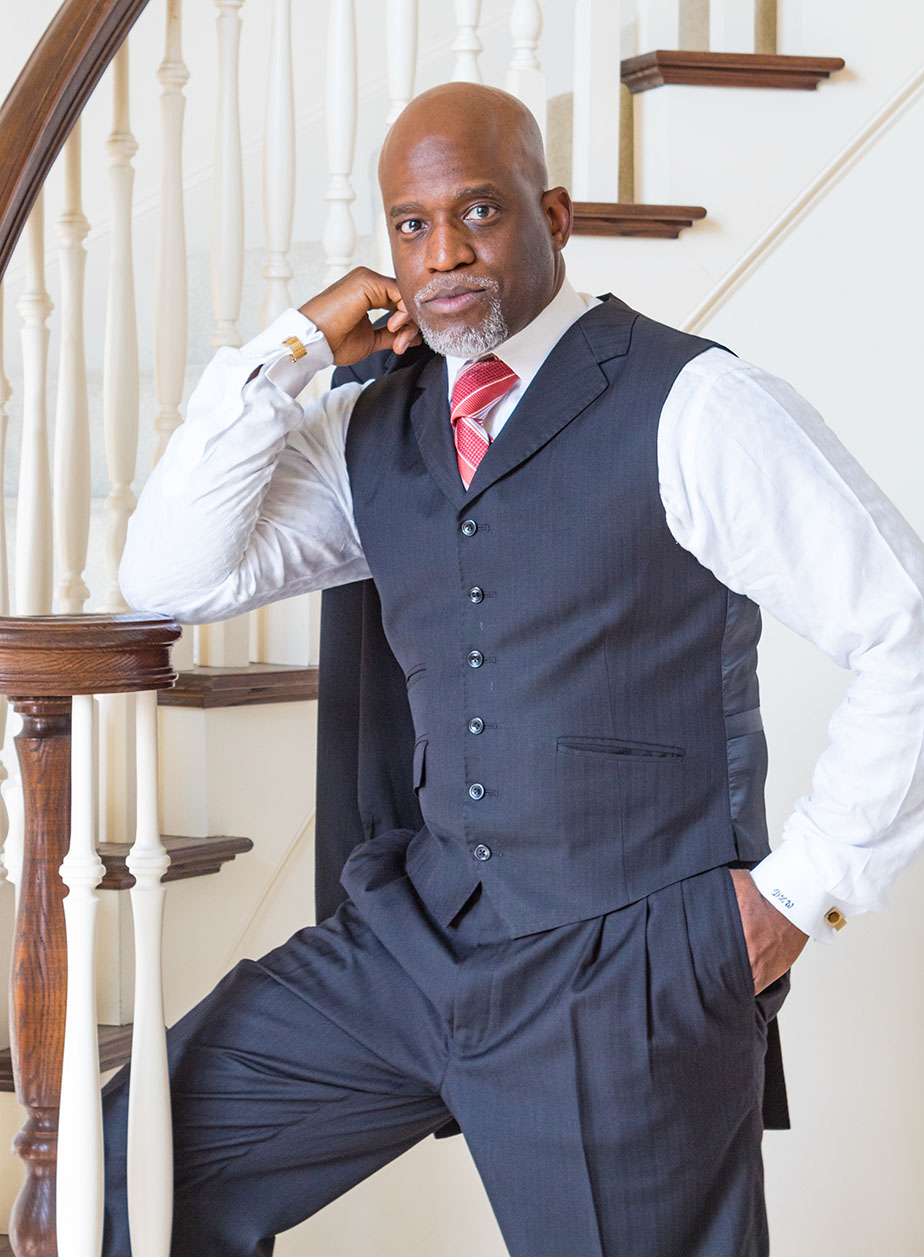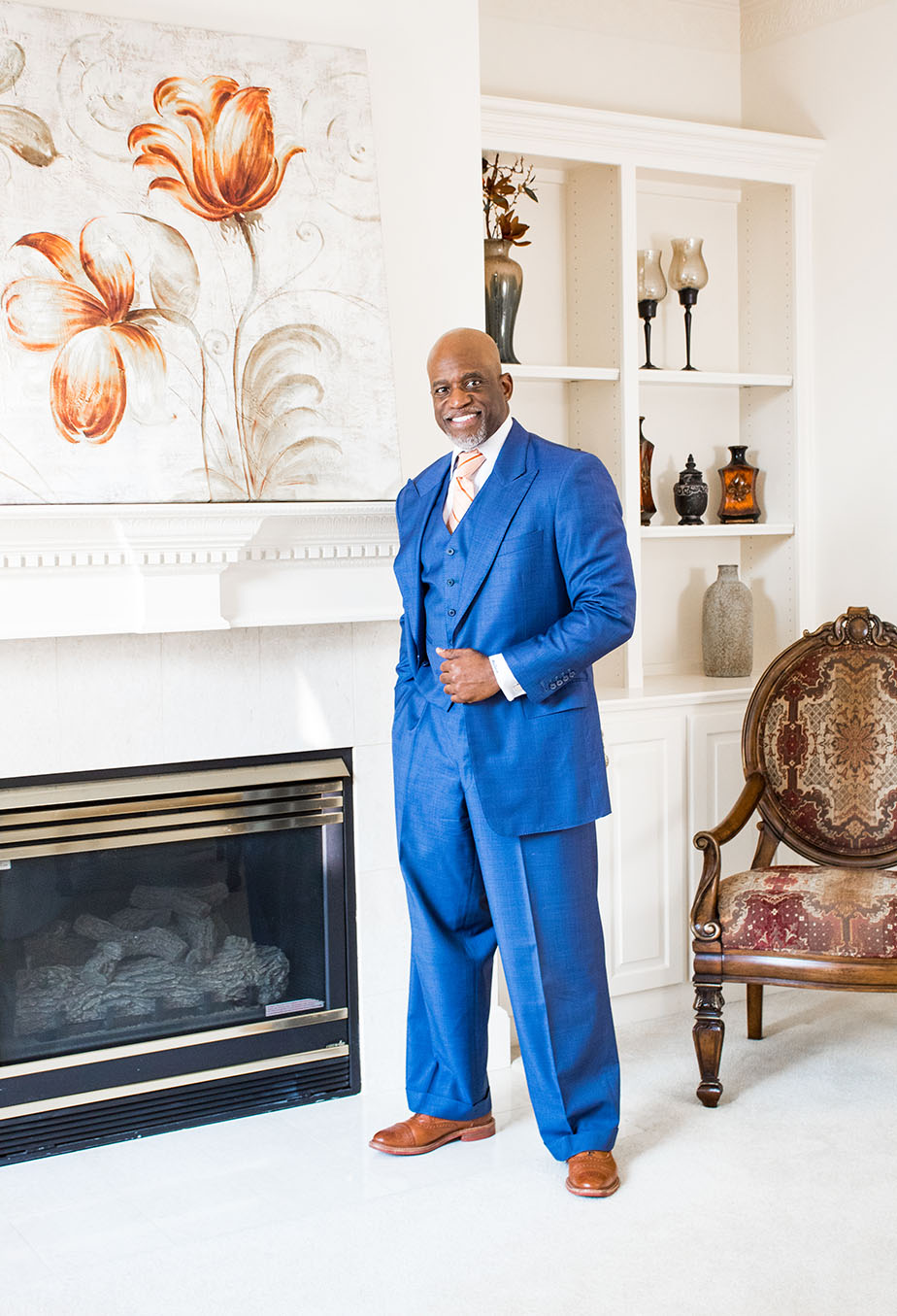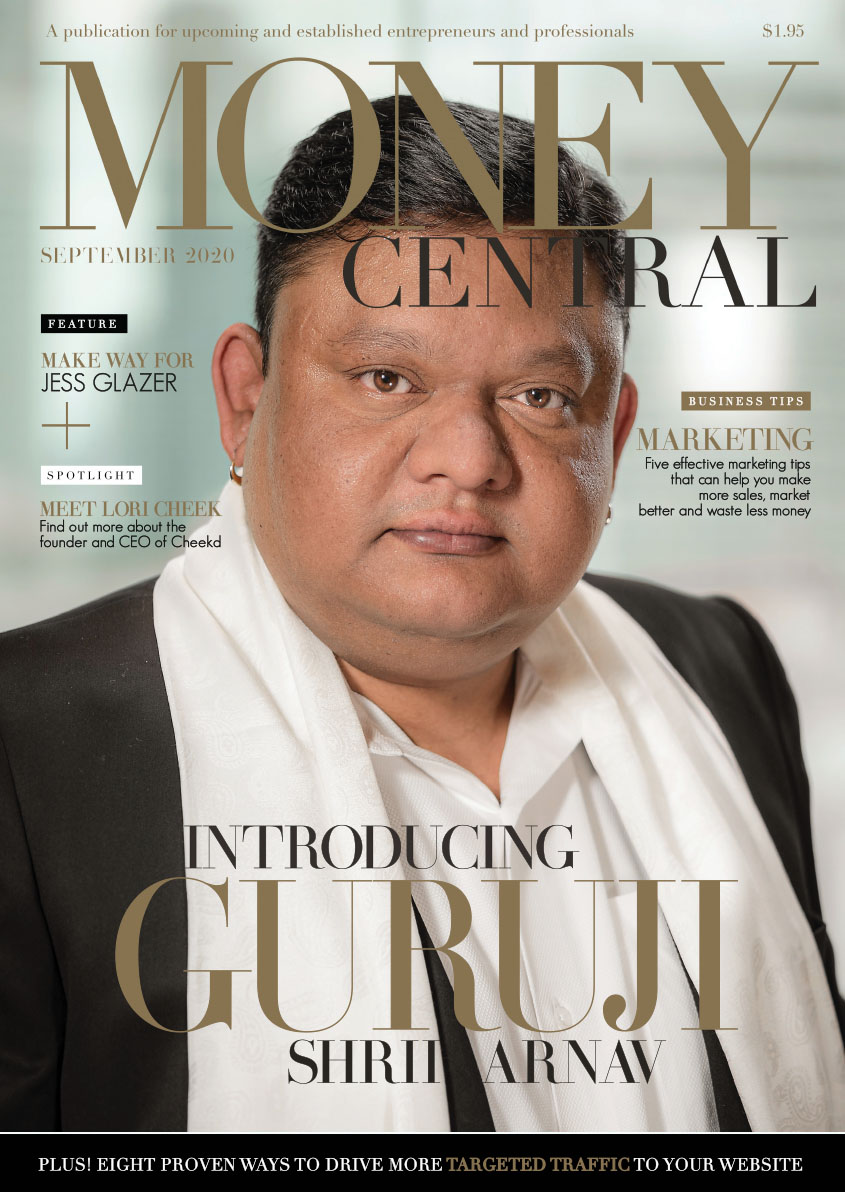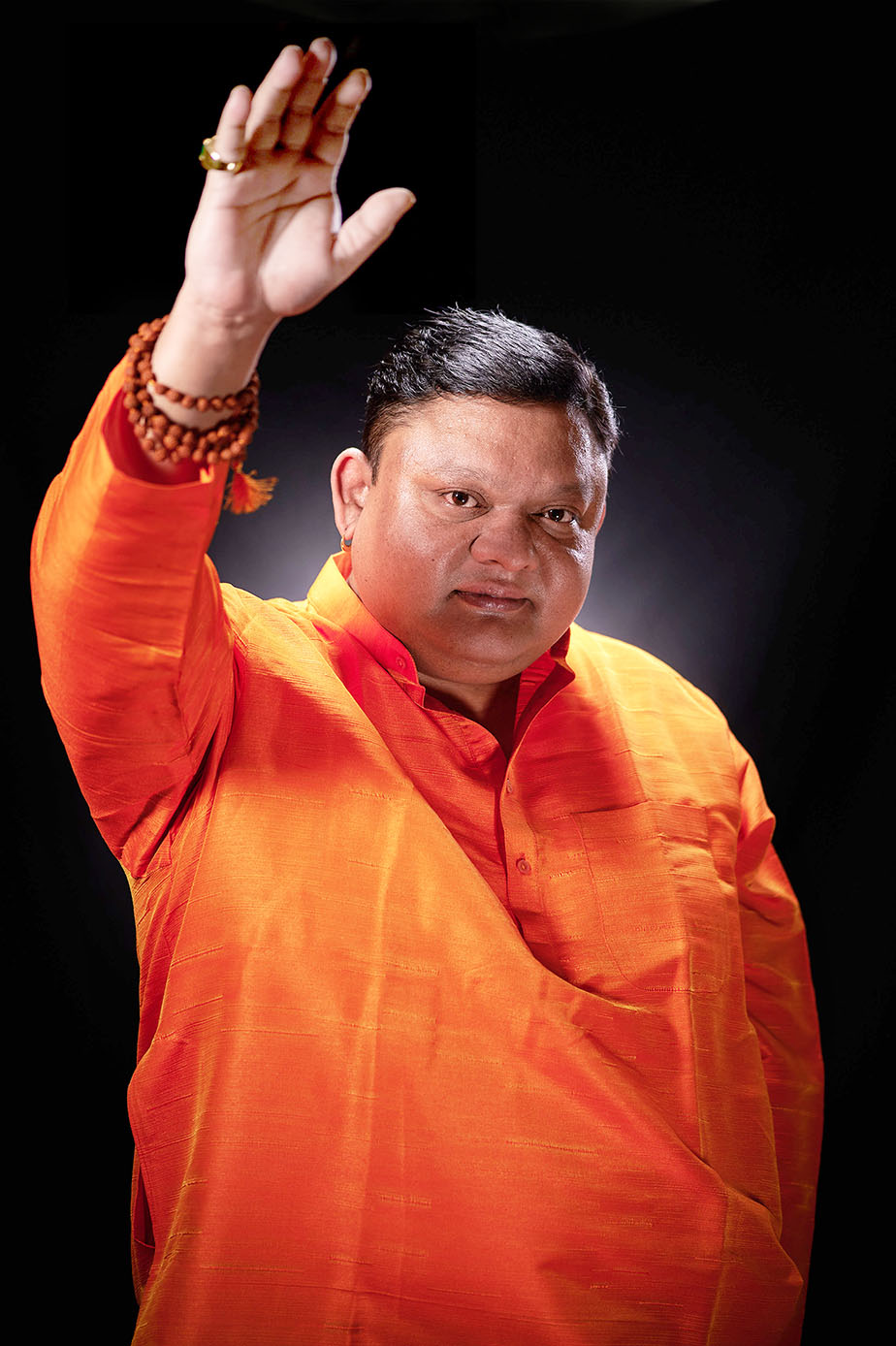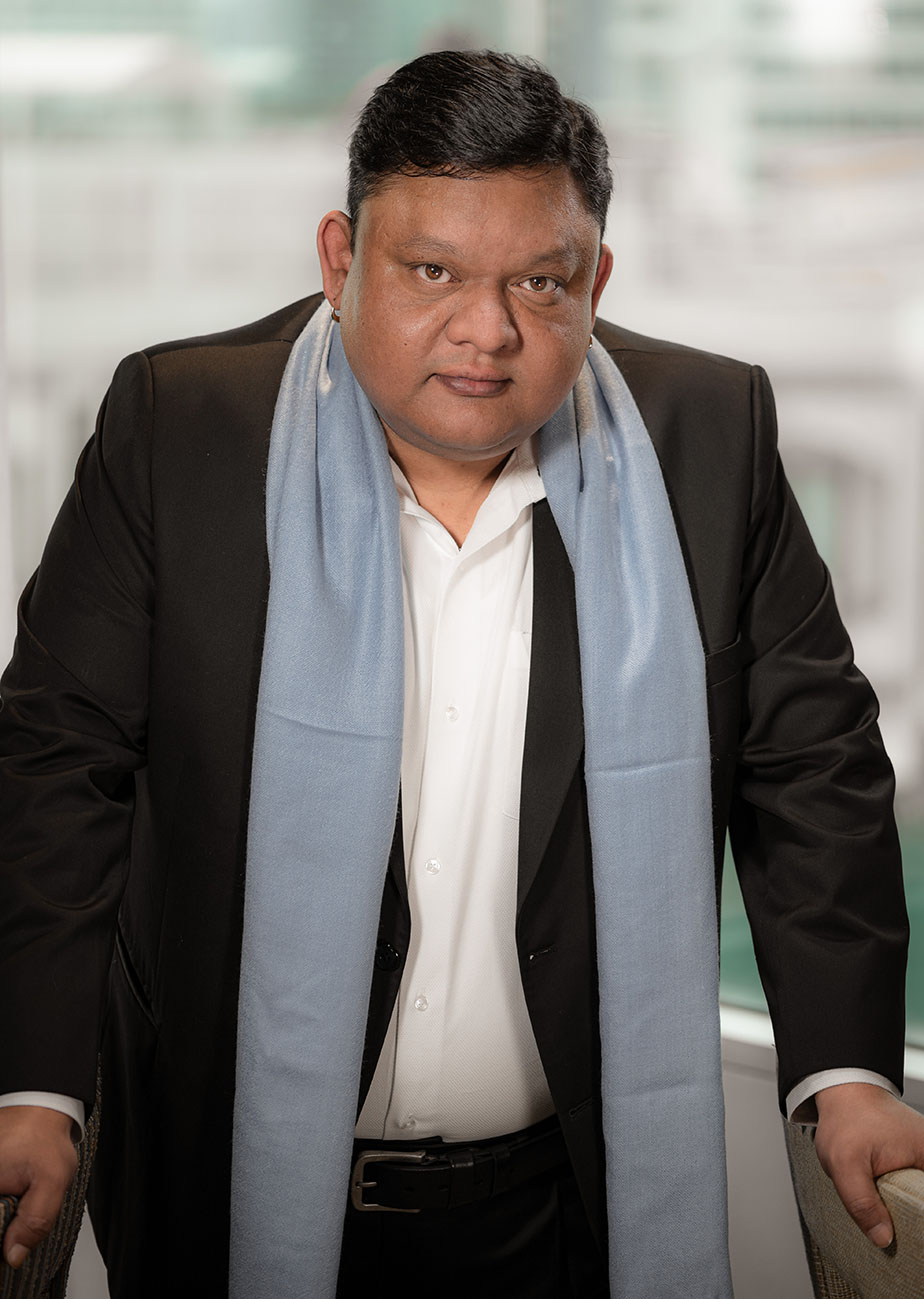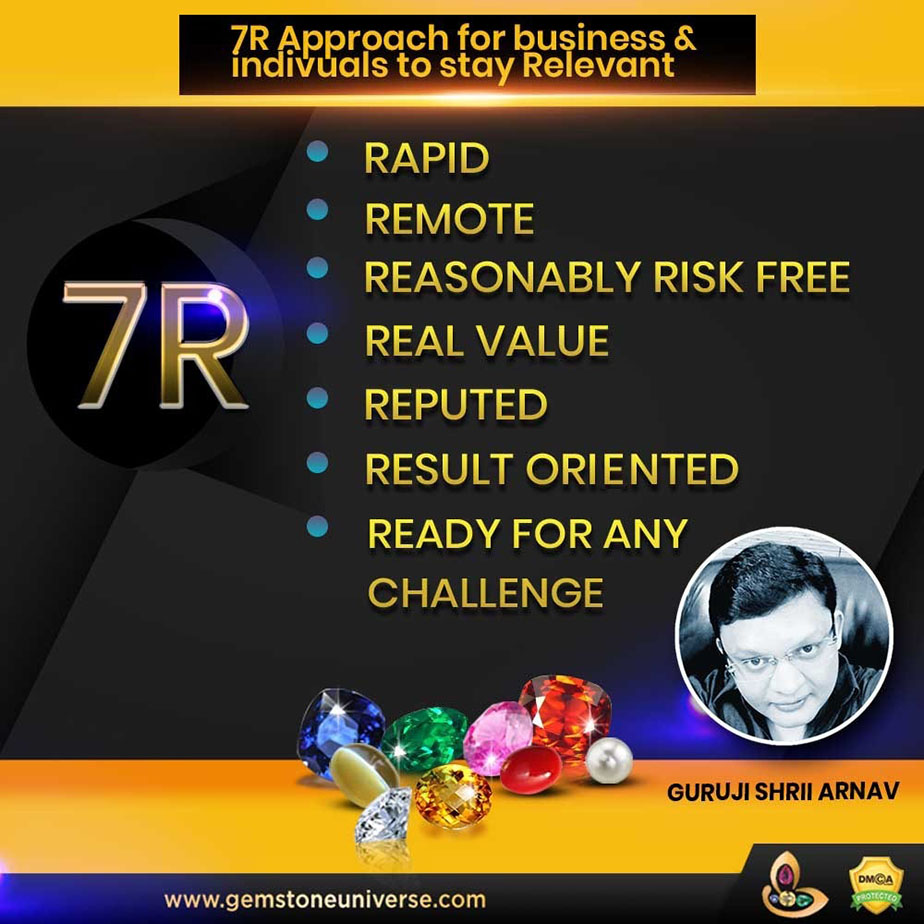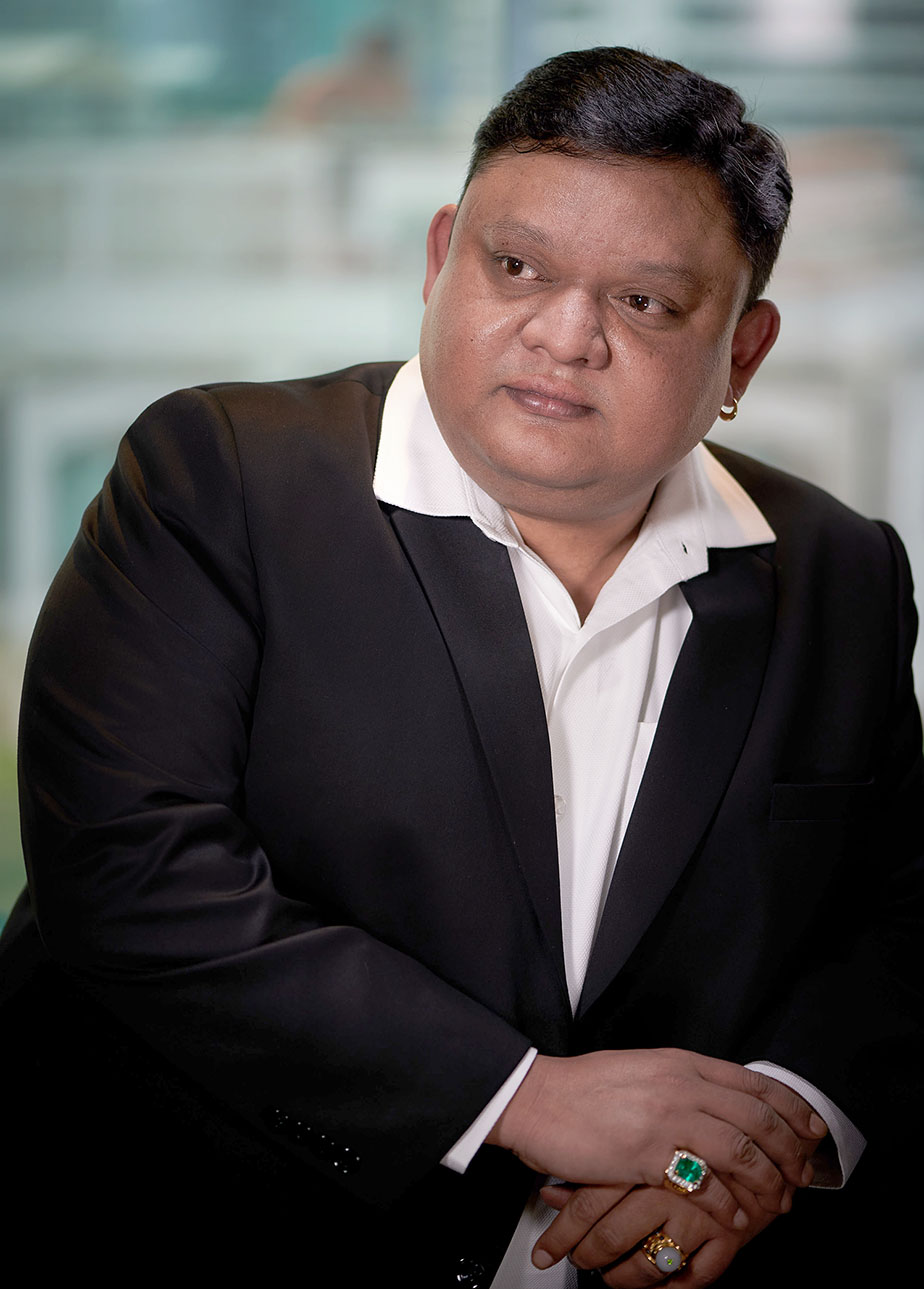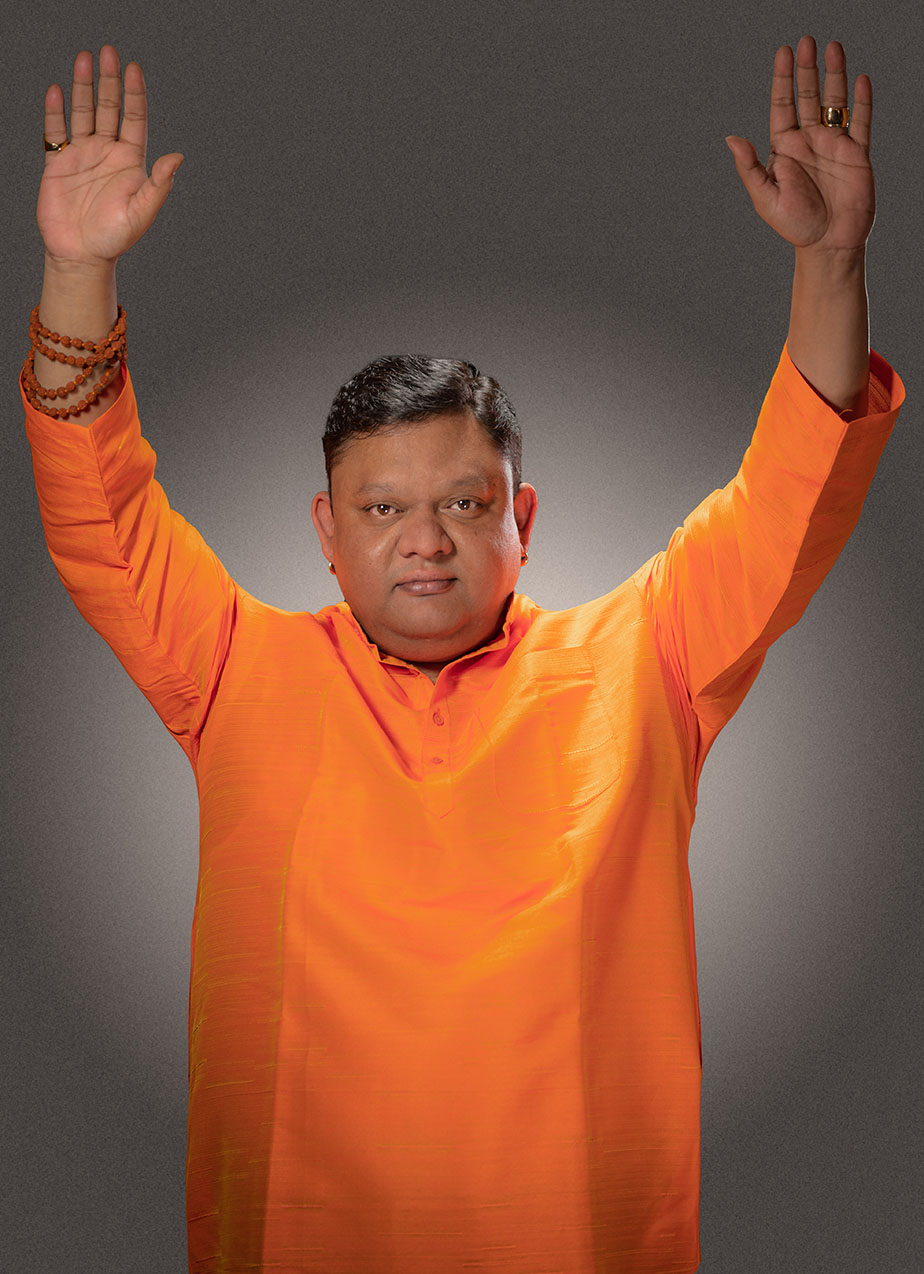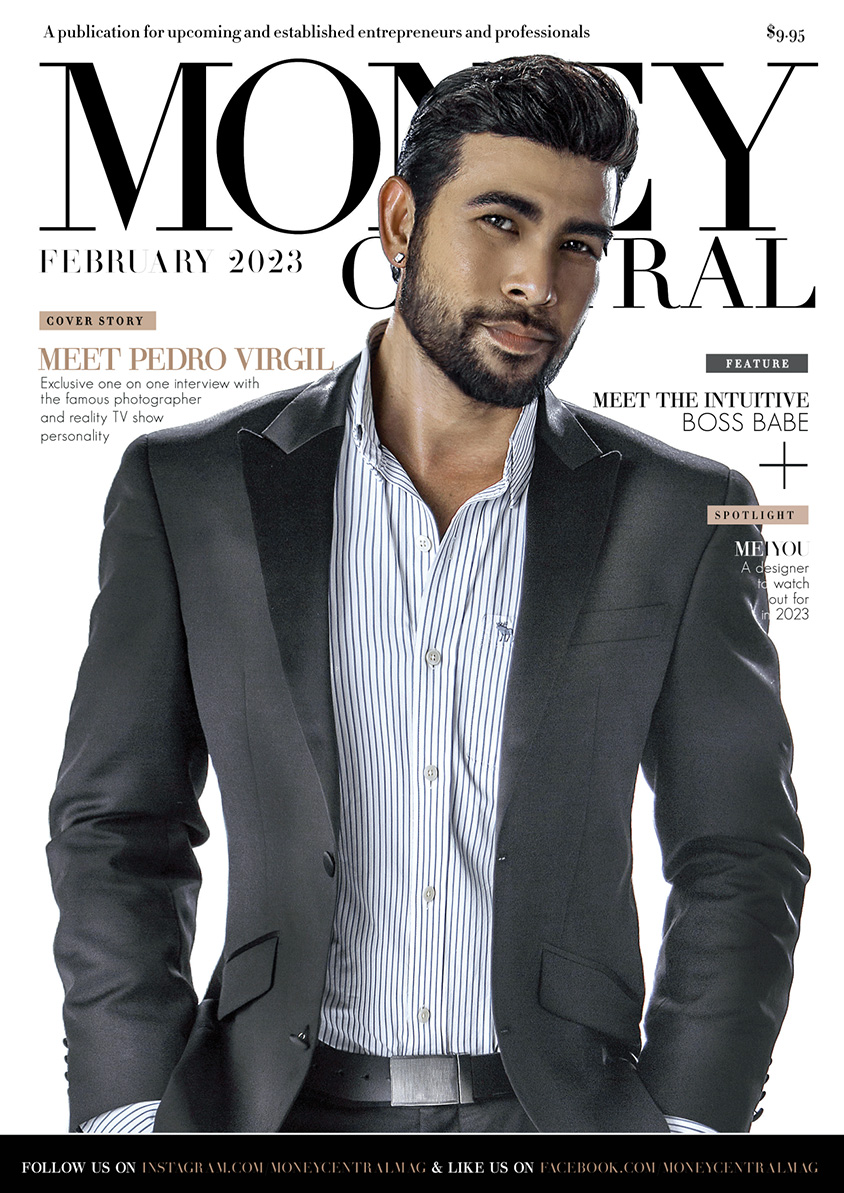
Pedro Virgil is an Australia-based photographer, reality TV show personality, and engineer. He is best known for his participation as a judge and photographer on the reality show Caribbean’s Next Top Model, a guest photographer on Australia’s Next Top Model, and Project Runway Australia seasons 1 & 2. His photography has been featured in several magazine covers and editorials, including Inside Sport, Men’s Health, GQ, Sports Illustrated, Gay Times, DNA Magazine, and FHM.
Pedro’s work can be recognised on major billboards from high-profile brands such as Rolex, Sony, Adidas, Sony Ericsson, Van Heusen, underwear campaigns such as Calvin Klein, and hit television shows: Australia’s Next Top Model, Project Runway seasons I & II, Football Superstar, Caribbean’s Next Top Model and Australian Idol. He was also commissioned for the global advertising campaigns for Ed Hardy by Christian Audigier in Australia, the United States, Europe, and Asia.
MoneyCentral Magazine recently caught up with Pedro to discuss his journey in the industry, and here’s what went down:
When did your entrepreneurial flair first reveal itself?
My entrepreneurial flair first revealed itself when I wanted to create projects to give back to the community. In particular, this was a project called “Gods of Football” which involved photographing first-grade Rugby League and Aussie Rules players in the buff, to raise money for people with Breast Cancer in alignment with the McGrath Foundation of Australia. I set out to brainstorm a project that was both bespoke and possible to manage small scale and be economically viable. At the same time, in the end, it can raise a substantial amount of funds for charity. This meant starting from the ground up with preproduction, sponsorship acquisitions, negotiations with prospective clients, employing individuals, meeting with sporting managers/agencies, understanding business law, managing finances, and so on. Thus an entrepreneur emerged.
How did your life look like before being a photographer?
My life before I was a photographer was extremely busy. I have always worked in the arts and entertainment field as a make-up artist, special effects artist, set designer, location scout, location manager, artistic Director, visual merchandiser, etc. I also worked as a professional entertainer in the music industry, performing in bands, musical theatres, recording sessions, etc … So I had a lot of overall experience from working in many different facets of the industry.
As a photographer, what is it that motivates and drives you?
As a creative person, I am motivated by my desire to constantly better myself, to better my creativity, and to find new ways of storytelling, capturing moments, and depicting scenarios, scripts, or stories. As a photographer, I am constantly stimulated by anything visual, which creates the need to analyze it, dissect it, try to make my own interpretation, and eventually produce a visual depiction that is uniquely my own.
In one word, describe your life as an entrepreneur and explain why.
Unpredictable. Why?? Because life always has a new turn for you at any given moment. A new chapter, a new journey, and one must always be prepared for changes, challenges, and constant change. I believe to be successful in business, you need to be extremely adaptable, versatile, and willing to try new things and take risks. All these factors have one common thread: the thread of unpredictability.
What were your top three motivations for starting your photography business?
My creativity was a huge motivation in the sense that I never seemed to run out of creative ideas even though I’ve been doing this for so many years. I believe that life is constantly throwing influences at you, new experiences, new lessons, and new visual stimuli, which thereby, when absorbed by your creative mind, then processed by your creative spirit, get channeled into new creative ideas. The second motivation would have been wanting to have a unique style of my own, making my own creative rules, and working my own hours at my own pace. I would say my third motivation for starting my own photography business was the desire to leave some legacy or artistic footprint on this world that I can say was my own, from the “conceptualization” right through to completion.
What do you put your success down to?
Hard work. Not listening to too many people. Always be true to one’s creative spirit and not be afraid of taking risks, creatively and financially.
What would you say are the key elements for starting and running a photography business?
Definitely, knowing what the industry is about, first and foremost, is extremely important. By that, I mean not just what photography is but how and where photography falls into the whole ecosystem of the fashion/media/arts/advertising/marketing industry.
Understanding the law and also understanding that the images you create are not just pretty pictures; they are tools for marketing, advertising, developing brands developing products, developing people developing celebrities, creating lifestyle choices, and influencing the population. Photography, therefore, is a very responsible and influential career because you’re creative and can influence generations! My intellectual property and corporate branding are extremely important to me. Secondly, I would say that it is important to understand the financial layout that it takes to begin a photography business. Studio equipment, lighting gear, camera gear, Camera accessories, lighting accessories, computer accessories, data drives, editing equipment, props, transport, editing suites, and the list goes on and on. Before you know it, it becomes an extremely expensive layout. Thirdly, it’s very important to understand how photography fits into the spectrum of brand development, advertising, and marketing. How your creative flair can take a boring product that may not be highly coveted initially on the market to become extremely aspirational; simply through your creative processes.
What are the three biggest challenges you have faced growing the photography business, and how did you overcome them?
The three biggest challenges I have faced during my photography tenure are, firstly, finding good and reliable returning clients. This generally eventuates from good word of mouth, forming strong and trustworthy relationships with agencies, clients, industry professionals, etc. This process allows you to gain more clients. Another challenge has been the ongoing equipment cost and the constant need to update gear due to infrastructure improvements, new software technology, and the ever-changing hardware in the technology market. This obviously incurs more ongoing costs, not to mention the cost of repairs if any equipment gets damaged or general depreciation. I would say that the third challenge faced in this industry is to break free from the stigma attached to photographers being that sometimes people assume photographers are sleazy or only interested in sleeping with their clients etc. Of course, in any industry, a few people engage in that sort of behavior, but that is not always the case. So it’s always important to show your clients that you are trustworthy, that you have integrity, and that you fiercely care about your career and reputation.
Does the loneliness of the entrepreneur really exist?
That depends on how you define the word loneliness. If you mean not having people around you, that is not true because they are constantly people around you as a photographer. You always have people wanting something, or you always have something to deliver to somebody, or you always have meetings for preproduction, post-production, marketing discussions, etc. Suppose, however, you mean loneliness in the sense that not many people “get you” or understand “you.” In that case, that could be true because to be focused on your business/career, to be absolutely dedicated to it, means that you have to miss out on a lot of things, such as developing friendships outside of your work, finding people who totally get you based on your passion. The “art lifestyle” often conflicts with people who are generally academic because academia and art rarely share similar lifestyles. Loneliness in the sense of not having like-minded people around you is possible. I grew up as an only child with a single parent, so being alone is not an unfamiliar situation to me. In fact, I’m quite comfortable with being alone a lot of the time. However, I think this question’s importance is really about whether loneliness can affect somebody. That answer would be subjective, but I feel that it’s important for anyone to take a moment to reflect, meditate, and relax in their spare time, downtime, or alone time. I do not see loneliness as detrimental. It is a time to be able to reflect, reassess, and to re-energize myself.
As you grew the business, what have been some of the most important lessons you have learned?
I have learned that in business, Not everyone plays fair. I learned that through business deals gone wrong, through former business partners cheating me out of money, etc., but I do not take it as an overall bad thing: a lesson learned is a good lesson, and it’s an opportunity for me to grow and to learn from my mistakes. I’ve learned that you cannot trust everybody, but at the same time, you cannot distrust people completely because there are good people out there. It is up to us to monitor ourselves and those we interact with and spot any early red flags to avoid future problems. I’ve also learned that there are many times when you’ll be faced with” no” instead of “yes.” Sometimes, someone may only partially agree with your preference in terms of artistic direction. Art is a very subjective field. There are many opinions and as many perspectives as there are people, so I’ve learned never to take things too personally and to focus on my craft to try and make it as good as possible. That will lead to people gravitating toward me and my work.
What do you hope to see happen in the near future for small businesses all over the world?
The future allows small businesses to recover from the many losses they suffered during the Covid epidemic. This, unfortunately, was uncontrollable and unpredictable, as is the future. One can only hope that the spread of wealth in this world evens out, that the rich are not constantly getting richer and the poor are not getting poorer. I hope that the future brings much more fairness in the economy in all parts of the world. I also hope that ART continues to have a greater significance, appreciation, and value in all platforms, all industries, and faculties worldwide.
